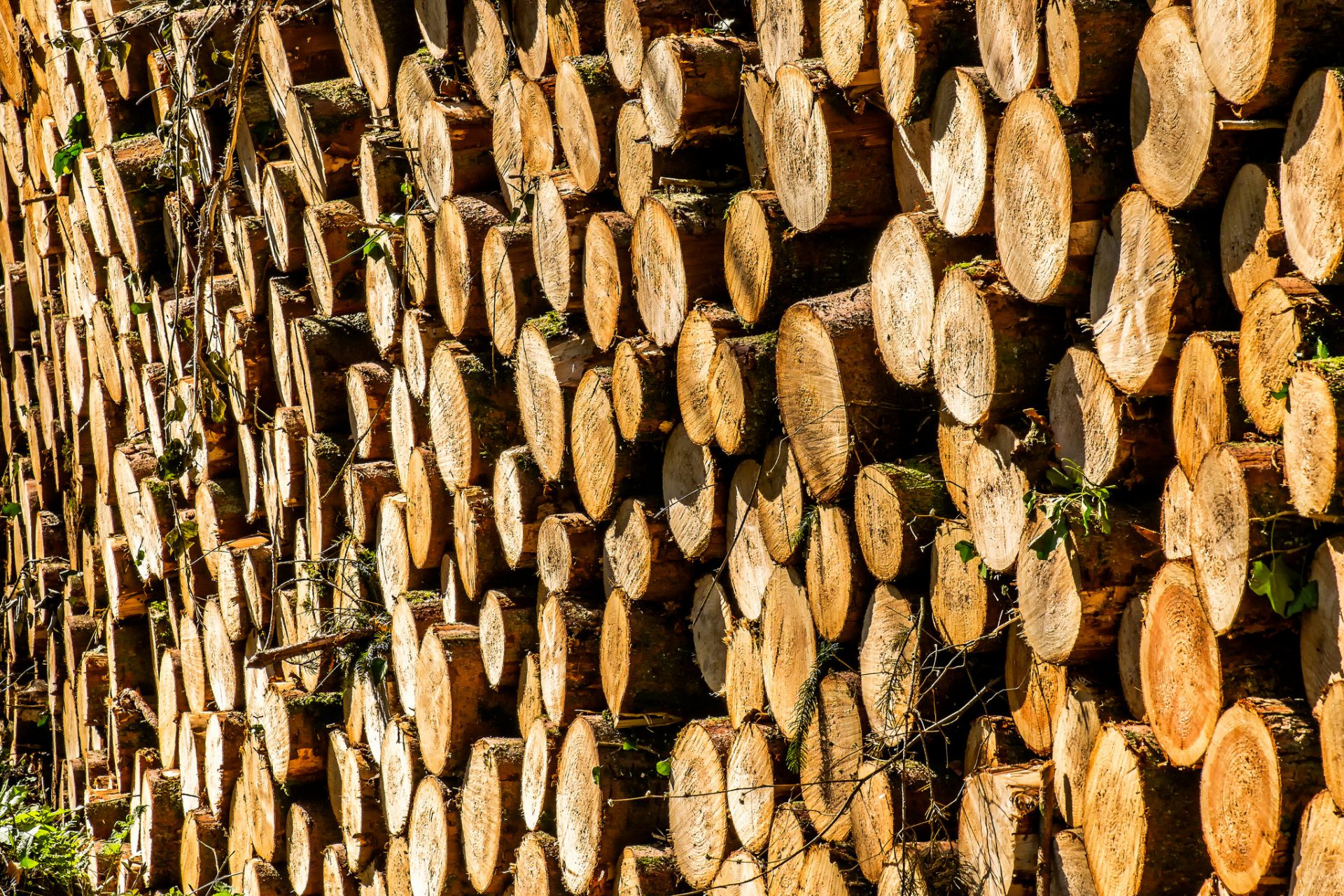Peace Country politicians are deeply concerned about new tariffs imposed on Canadian lumber. U.S. President Donald Trump decided late last month to bring in a 20 per cent levy on softwood lumber imports from this country.
Grande Prairie – Mackenzie MP Chris Warkentin says the federal Conservatives have been pushing the government to work out a new deal since before the Softwood Lumber Agreement expired in October 2015. However, there have been ongoing disputes since the early 80s because U.S. trade representatives believe the Canadian lumber industry is unfairly subsidized, as its harvests are mainly done on Crown public land, while they have to pay for private land in the states.
“We knew that if we didn’t come up with a plan moving forward to get an agreement in place, that eventually the American industry would force their government to implement these tariffs, and that’s exactly what has happened. It’s a slap in the face to the industry, but unfortunately it’s a slap in the face by our own government.”
Warkentin is calling on the Prime Minister and Minister of Foreign Affairs to go to the U.S. to advocate on their behalf. He argues a deal is still possible.
“The Americans have said that that is the case, but we do need to be willing to negotiate with them, and quite frankly, the time is now. A prolonged tariff would have only negative impacts for the Canadian industry; there is no silver lining down the road.”
In addition to the lumber industry, Warkentin says pulp and forestry jobs from logging and reforestation will also be hit hard. Grande Prairie – Wapiti MLA Wayne Drysdale agrees, pointing out that Grande Prairie alone has three mills. He adds that the impact is compounded by the mountain pine beetle and the province’s caribou management plan.
“It’s affecting their timber supply supply as well; they could lose a chuck of their [Forestry Management Agreement] because of it, and now the softwood lumber agreement and the carbon tax, so it’s an industry that’s been keeping us going strong but they have lots of issues to deal with.”
Drysdale gives the provincial government credit for not moving forward with plans to increase the required forest retention amount to 10 per cent of a cutblock. He adds that Canada has been in this position many times over the past few decades, and has always succeeded in court.
“Sure, it’s going to hurt our forestry industry but it’s going to hurt the Americans building houses just as much, if not more. By the time the American people figure out this is hurting them, it may not last or may not get put through.”
He hopes the country will keep a cool head and advocate against tariffs on both the lumber and dairy industries.


